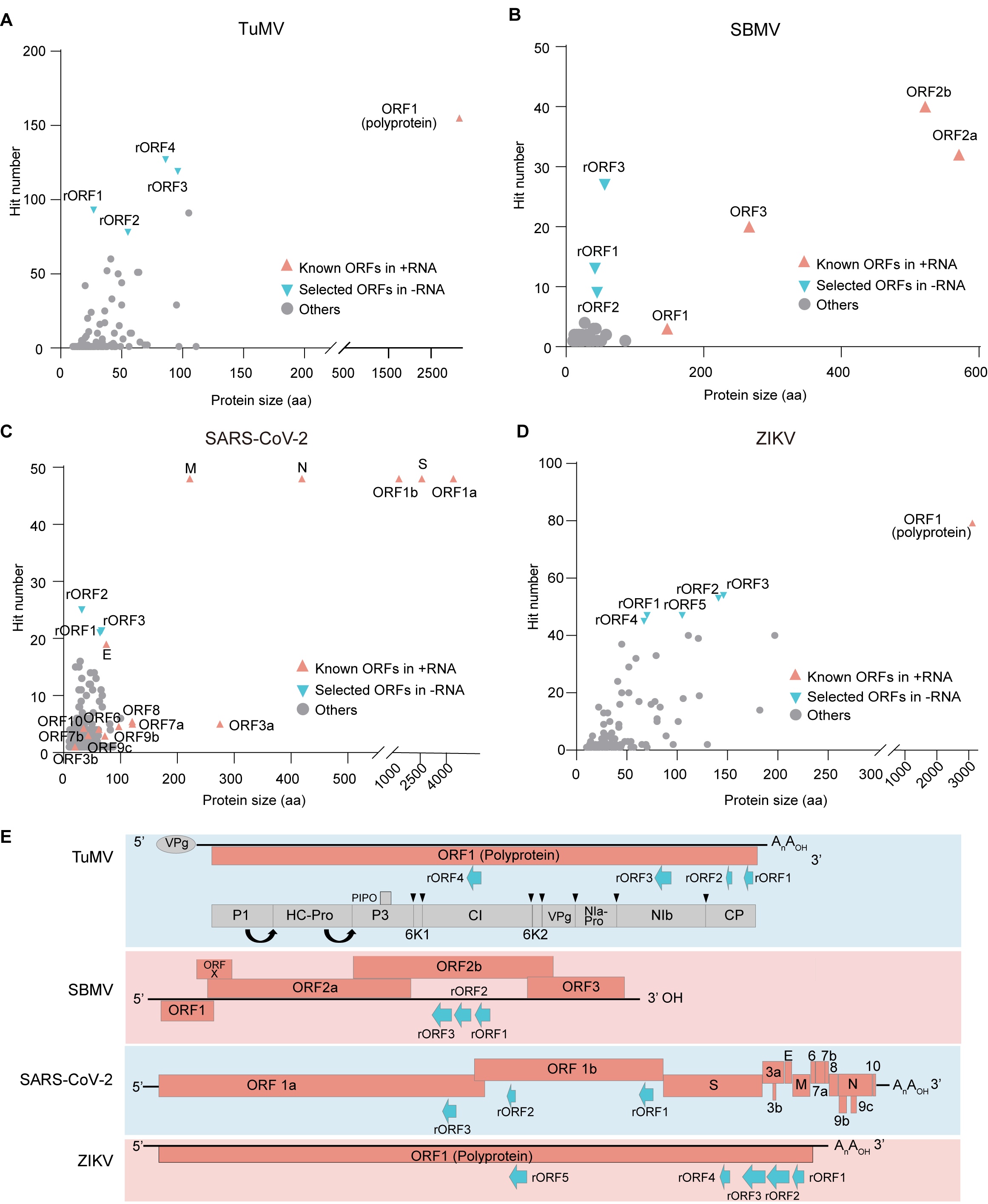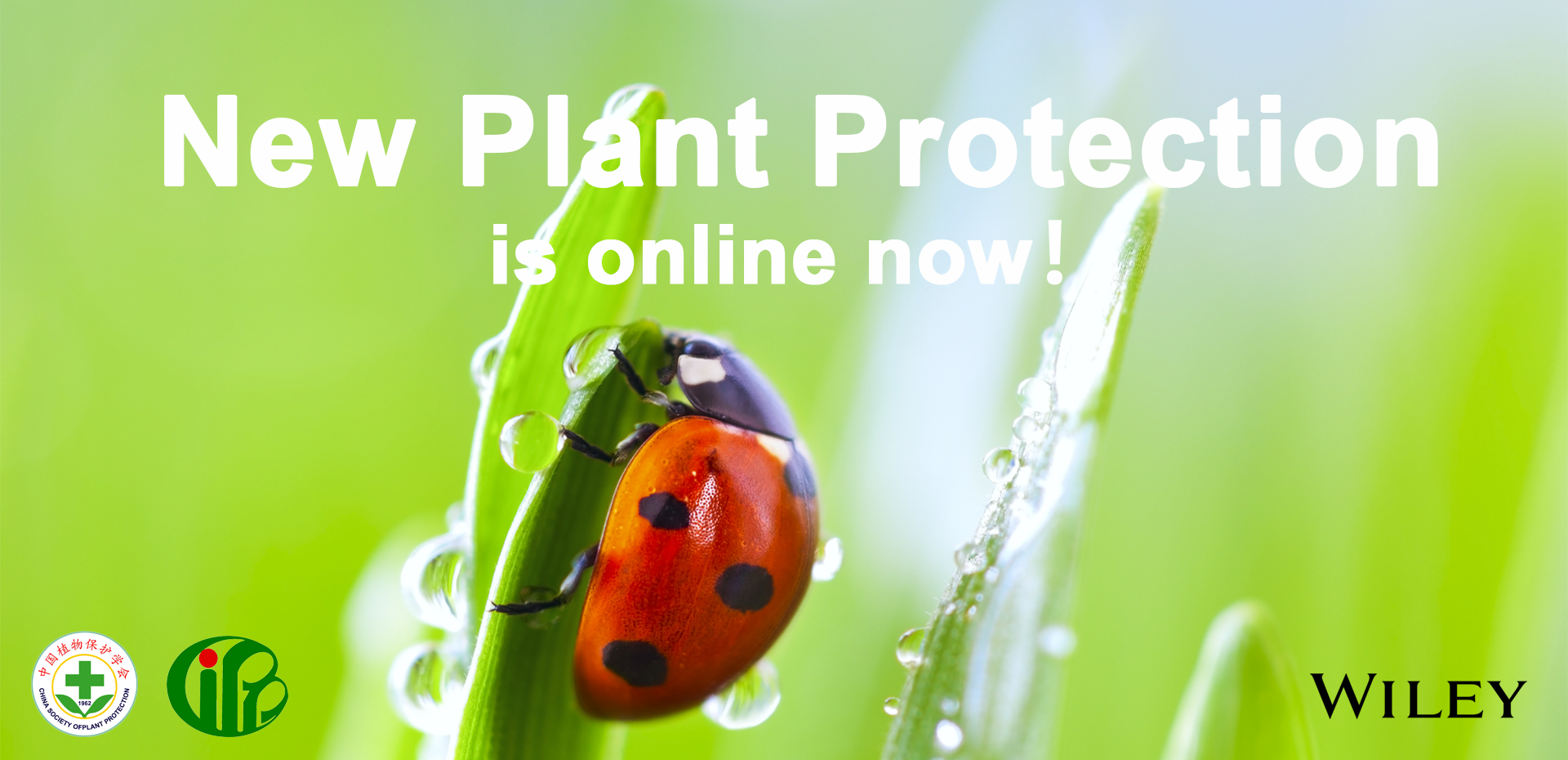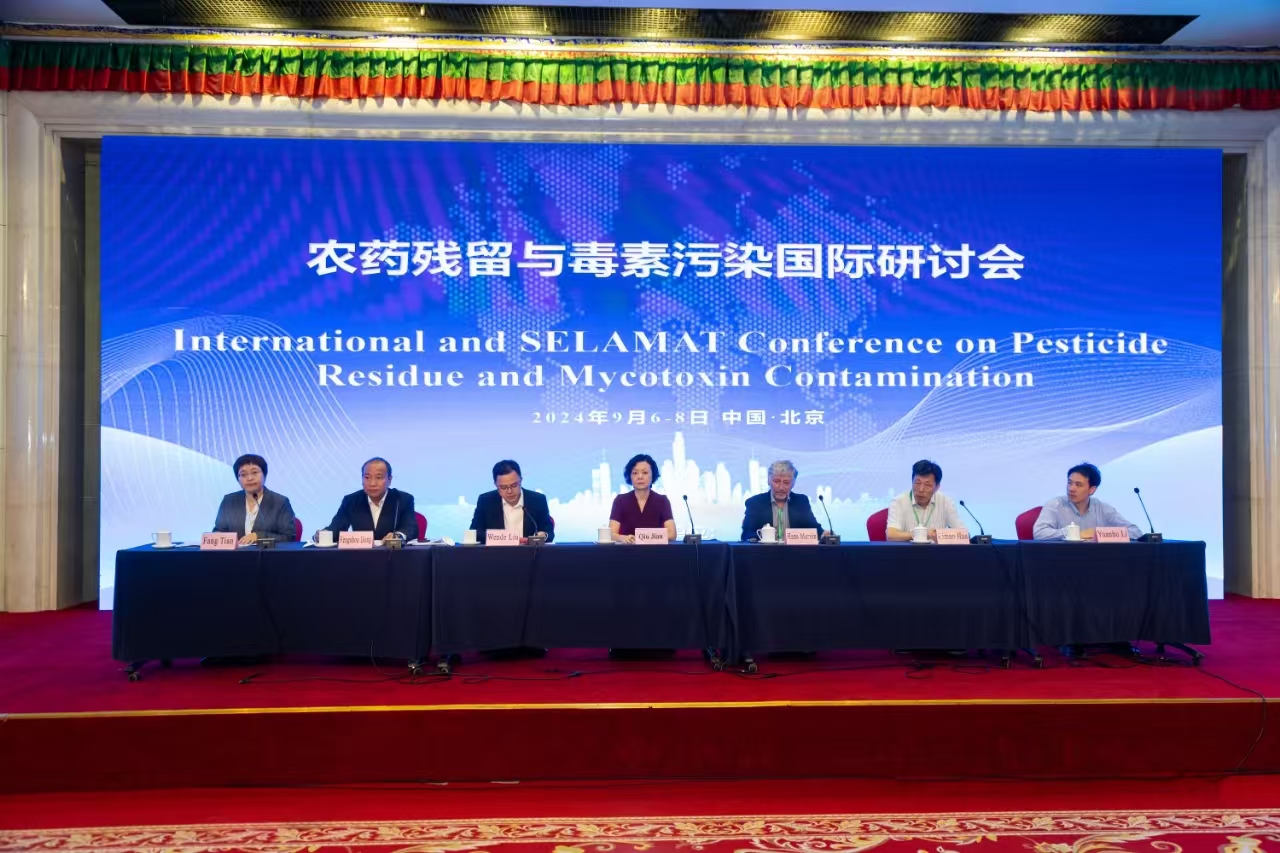Plant and animal positive-sense single-stranded RNA viruses encode small proteins important for viral infection in their negative-sense strand
A recent paper titled as ' Plant and animal positive-sense single-stranded RNA viruses encode small proteins important for viral infection in their negative-sense strand' is published online in the journal Molecular Plant, which reveals that the negative-sense RNA (-RNA) of positive-sense single-stranded RNA (+ssRNA) viruses possesses potential coding capacity. This work was leaded by Prof. Xueping Zhou and his research group from the Institute of Plant Protection (IPP), Chinese Academy of Agricultural Sciences (CAAS).
+ssRNA viruses are one of the most diverse and devastating categories of viruses in the world. Traditionally, the -RNA of these viruses has been considered a replication intermediate without encoding capability. However, this study has identified a multitude of small proteins on the -RNA of various plant and animal +ssRNA viruses.
Using turnip mosaic virus (TuMV) as a model, these small proteins were found to possess distinct subcellular localization, such as chloroplasts, peroxisomes, and the endoplasmic reticulum. They were recruited into viral replication complexes, impacting viral infection. Simultaneously, it was found that these small proteins on the -RNA of severe acute respiratory syndrome coronavirus 2 (SARS-CoV-2) could suppress the production of type I interferons and facilitate the infection of vesicular stomatitis virus (VSV). Further analysis indicated that TuMV might utilize cap-independent internal ribosome entry sites (IRES) for the translation of these small proteins.
In summary, this work unveils a novel protein encoding strategy employed by +ssRNA viruses, expanding our understanding of +ssRNA viruses, their interaction with host cells, and their potential as targets for disease prevention and treatment.
Pan Gong, postdoctoral student from IPP, CAAS, Qingtang Shen, associate Prof. from Fujian Medical University, and Mingzhen Zhang, PhD student from IPP, CAAS, are co-first authors of the paper. Prof. Xueping Zhou and Fangfang Li from the IPP, CAAS, are the co-corresponding authors of the paper. This work was supported by the National Key Research and Development Program of China and the National Natural Science Foundation of China.
The paper link: https://www.sciencedirect.com/science/article/abs/pii/S1674205223002915

-
 China-Laos Training Workshop on Integrated Management of Destructive Crop Pests and Diseases Successfully held in Laos
China-Laos Training Workshop on Integrated Management of Destructive Crop Pests and Diseases Successfully held in Laos -
 New Plant Protection: New challenge and new opportunity for plant protection
New Plant Protection: New challenge and new opportunity for plant protection -
 International and SELAMAT Conference on Pesticide Residue and Mycotoxin Contamination Held in Beijing
International and SELAMAT Conference on Pesticide Residue and Mycotoxin Contamination Held in Beijing -
 CAAS President Meets Chairman of ASEAN FAW Taskforce
CAAS President Meets Chairman of ASEAN FAW Taskforce
